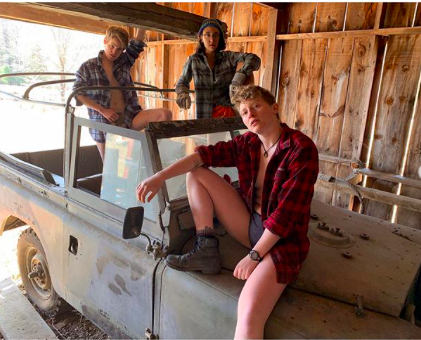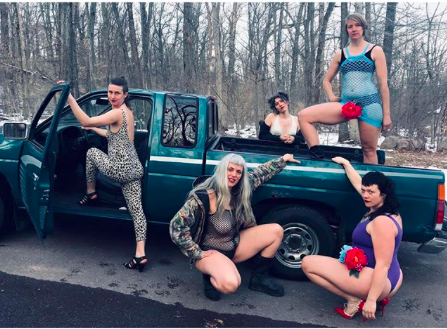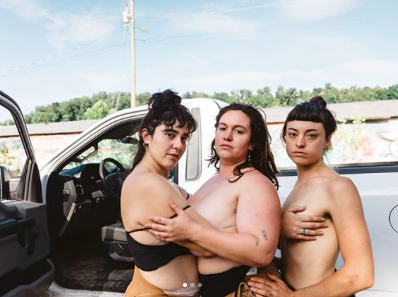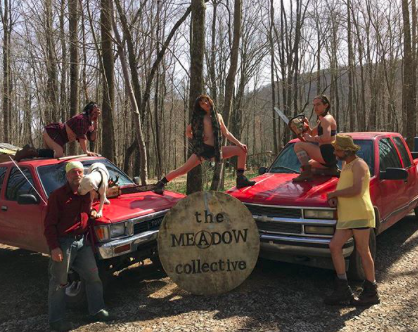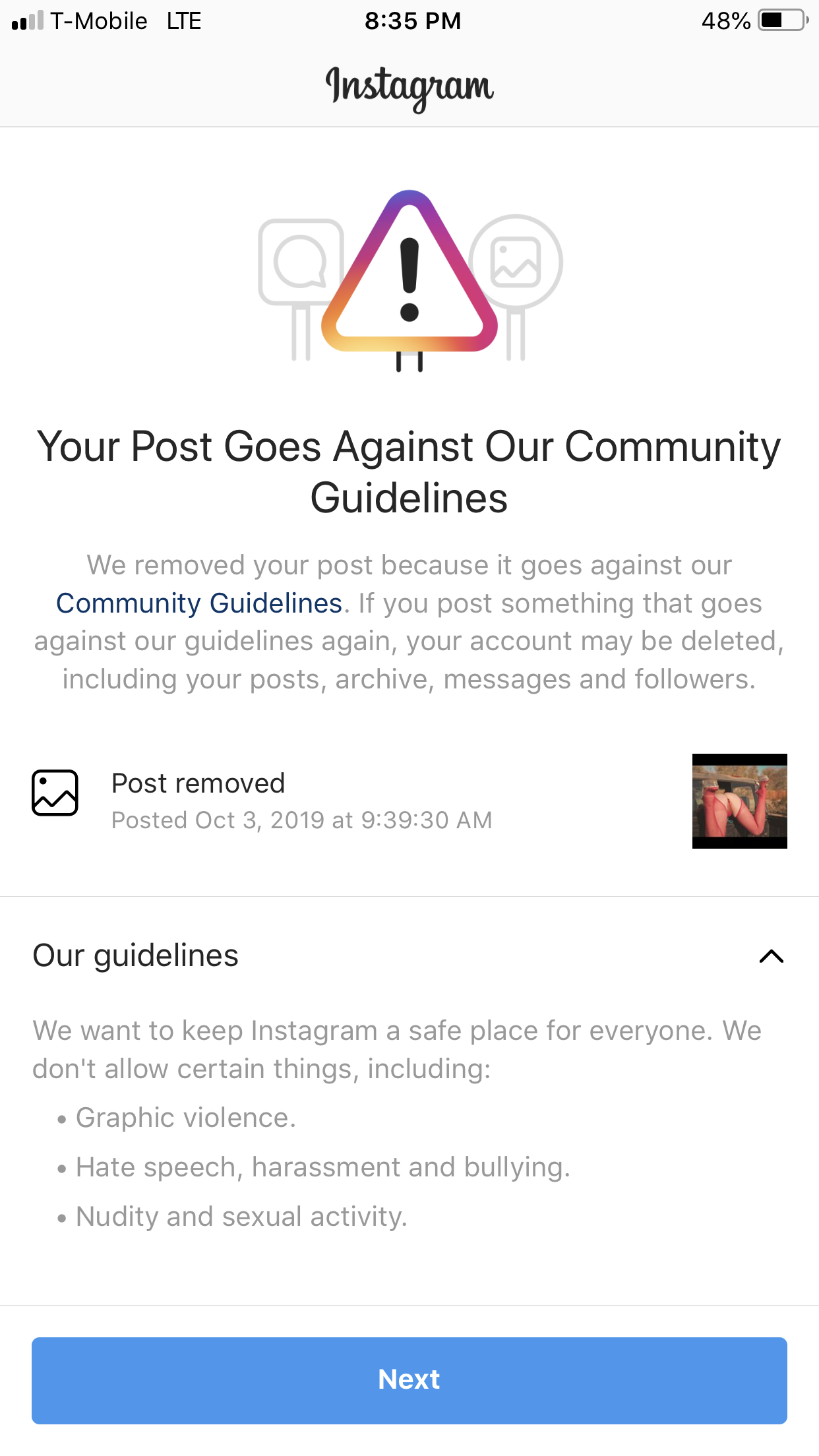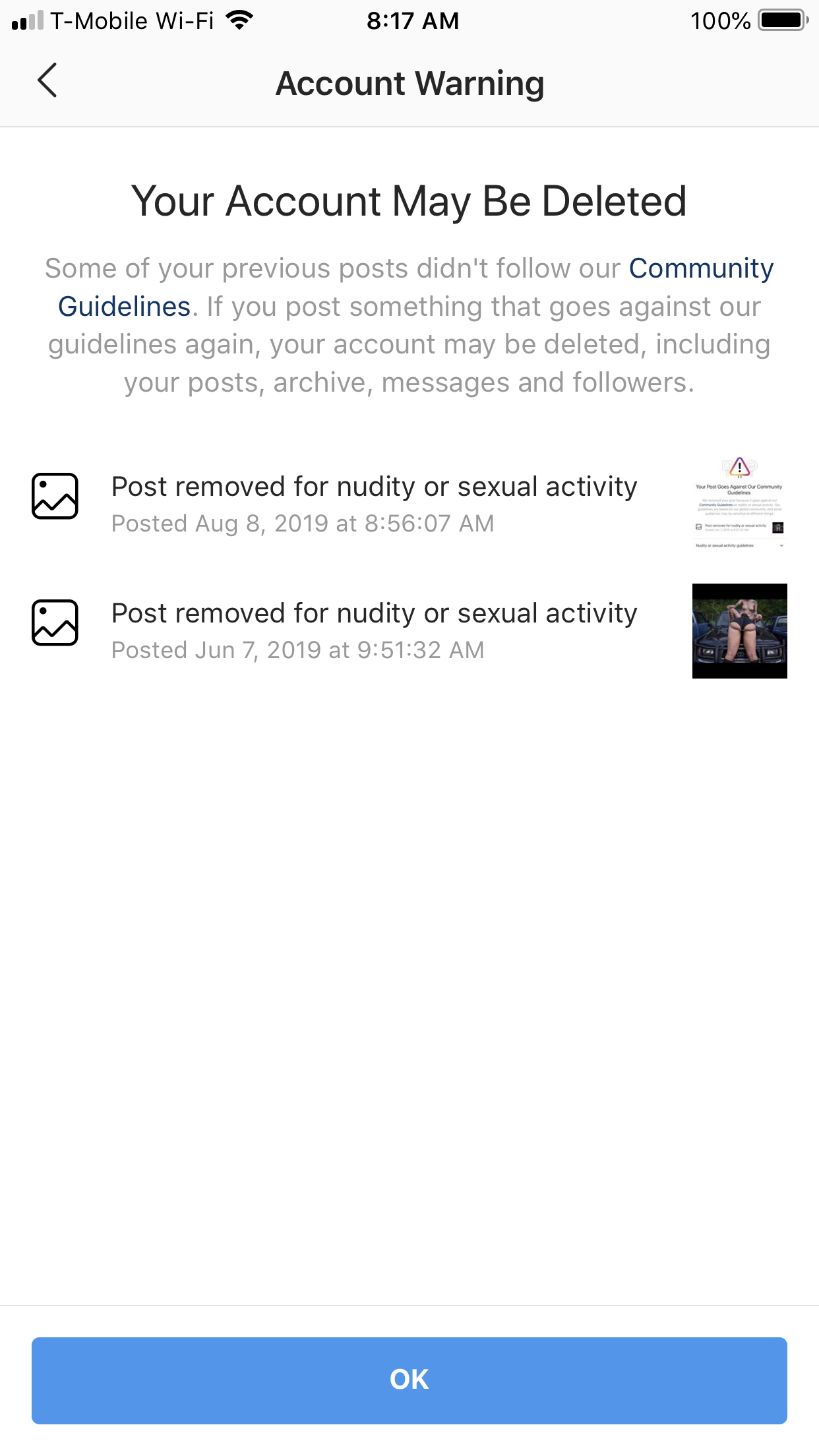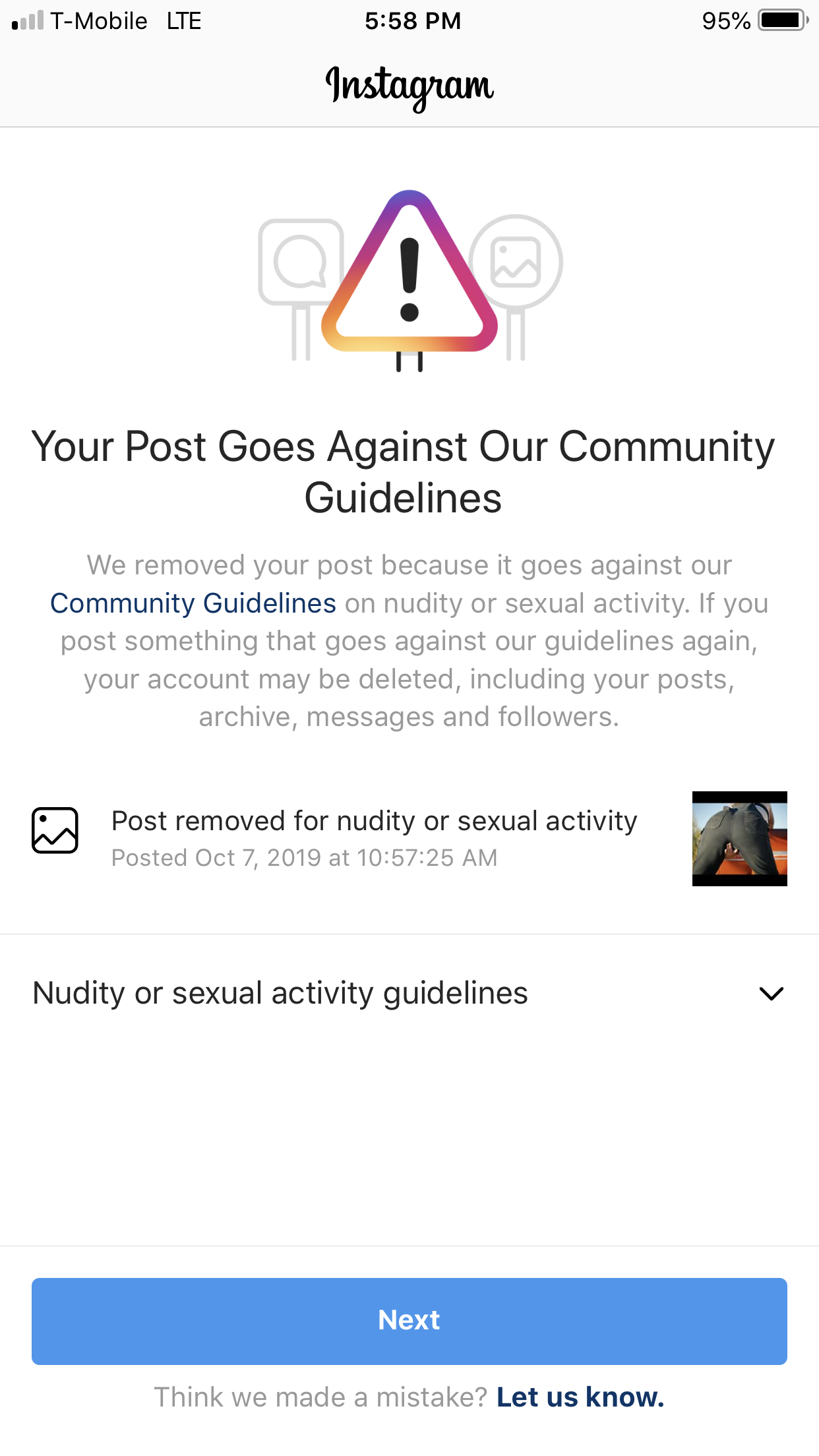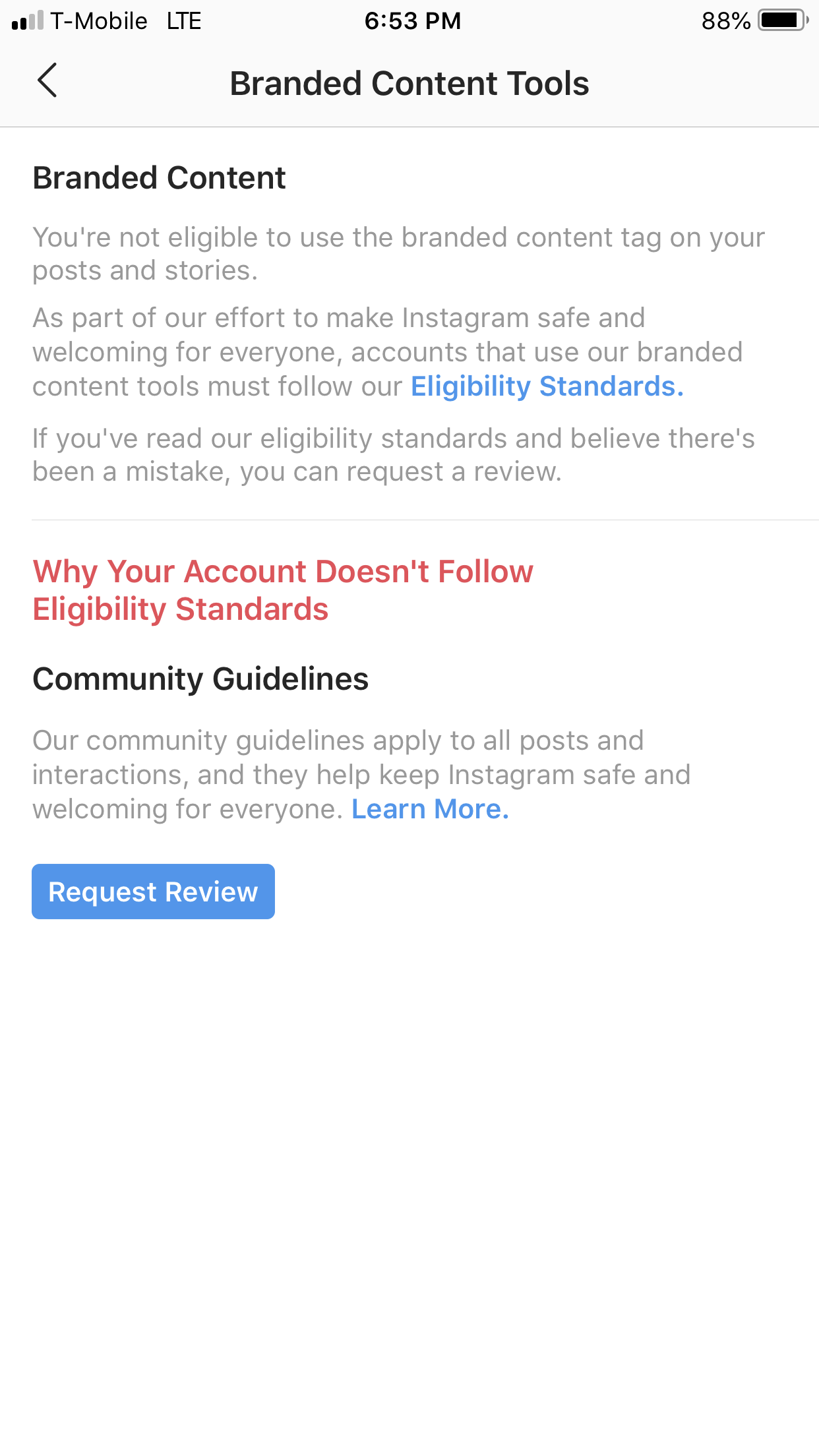ERASING THE QUEER ARCHIVE
TIFFANY SAINT BUNNY
Five years ago I sat in on one of Danny Nicoletta’s private screenings of Stu Maddux’s “Reel in the Closet.” This film collected home movies from the past century, as well as unseen news footage, interviews, etc. and crafted a cohesive narrative about the importance of creating and preserving the queer archive. A major sticking point was that when queer and trans people die, their histories and memories are often erased from the record by homophobic family members tasked with collecting the affects of the deceased. For the surviving family members, a death was often seen as an opportunity to sanitize the image of the deceased, and the AIDS crisis gave hundreds of thousands of opportunities to do just that. With very little effort, a person’s entire intimate history-- a lifetime of love, pleasure and self-actualization-- was scrubbed from the face of the earth.
How much of our history is lost every time this happens? How certain is our future when we are denied our history?
For queer and trans people, the knowledge that people before you have felt queer love, trans joy, or gay pleasure is fundamental to our existence. Access to our historical archive helps us believe in the dream of an ecstatic future-- it fills us with pride when we look back and it can determine the way we live our present lives. Who are we, if not a generation of homosexuals and transsexuals borne from the previous one? Who will come after us, and what will we leave them? What stories will we get to tell and will they be the ones we want to tell?
(Images Sourced From @TruckSlutsMag)
At the dawn of the new millennia the way we captured and retained memories changed forever. Affordable digital cameras (and later, smart phones) plus the proliferation of social media platforms meant that we, as a people, stopped cataloguing our lives using analogue devices. Therefore, we stopped retaining physical ownership and control over our histories. For the sake of digital community and convenience, we gave the sole records of our most intimate moments to black box megacorporations who have, in the name of “COMMUNITY GUIDELINES,” erased them without warning or explanation.
Perhaps most insulting, these erasures predominantly affect communities that are already denied their ability to write their own histories-- those that have survived centuries of state-sponsored oppression and terror. They are not afforded power, nor agency, and the destruction of these archives amounts to a campaign of dehumanization by erasing their place in the human narrative. This is a whitewashing of history, a straightwashing of history, a thinwashing of history. At the risk of sounding hyperbolic, a visual erasure paves the way for “outlier” communities to be removed from society at large, with little fanfare. If consensual visibility is power, then nonconsensual invisibility is a state of profound weakness and impotence.
We have become prostrate, lying in submission to social media corporations. We gave them the keys to our histories and our memories, allowing them to shape what is and what isn’t, and it is an exceedingly precarious place to be situated. It has become sadly commonplace to hear of someone that has lost all of their photos,videos, and writings because an account was removed due to some nebulous violation. Our state of being is almost purely ephemeral at this point, and much like digital ghosts, we’re but a few keystrokes away from non-existence.
(Image Courtesy The Artist, Tiffany Saint Bunny
